Older Americans Month is an observation intended to celebrate older adults and their lifetime of achievements. The observation also brings to light the importance of health and nutrition in the aging process and what it means to be healthy, happy, and connected as we get older.
Explore more on aging and nutrition with the resources below—compiled from the industry’s best sources.
OAM 2021: Communities of Strength
Administration for Community Living
This year’s theme for Older Americans Month is “Communities of Strength”, which highlights the strength and resilience that older people have built up over their lifetime through various successes, failures, wins, losses, etc. It also emphasizes the power of connection and engagement in building strong communities.
2020 Older Americans Key Indicators of Well-Being
Federal Interagency Forum on Aging Related Statistics
This report provides a comprehensive look at how older Americans fare by presenting key indicators of wellbeing that are categorized into six groups: Population, Economics, Health Status, Health Risks and Behaviors, Health Care and Environment.
Life Stages: Older Adults
MyPlate – USDA
Eating healthy certainly benefits everyone, but can have particularly great effects on older adults ages 65 and up. Healthy eating can contribute to a feeling of overall well-being! See unique needs, nutrition tips, tips for getting active and other resources for older adults.
Superfoods and Aging: What’s Real and What Should I Eat?
Becky Dorner & Associates
As we age, we can help increase longevity by incorporating more superfoods into the diet. For example, foods rich in omega-3 fatty acids can help protect against certain types of cancer, decrease heart disease risk and improve cognitive function.
Learn More with Our Self-Study Courses & Webinars
Nutrition for the Older Adult, 3rd Edition Course
This course lays the foundation for nutrition care of older adults and is designed for nutrition professionals working with this population including those who are interested in increasing their knowledge about the link between nutrition and diseases/conditions common in older adults.



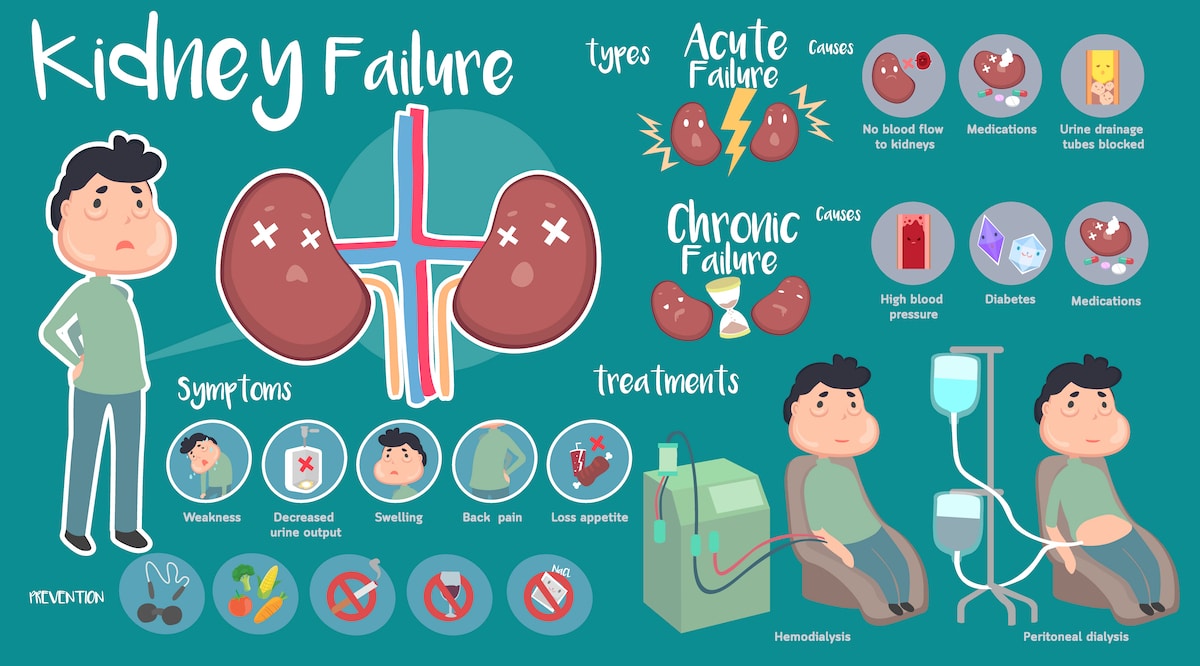

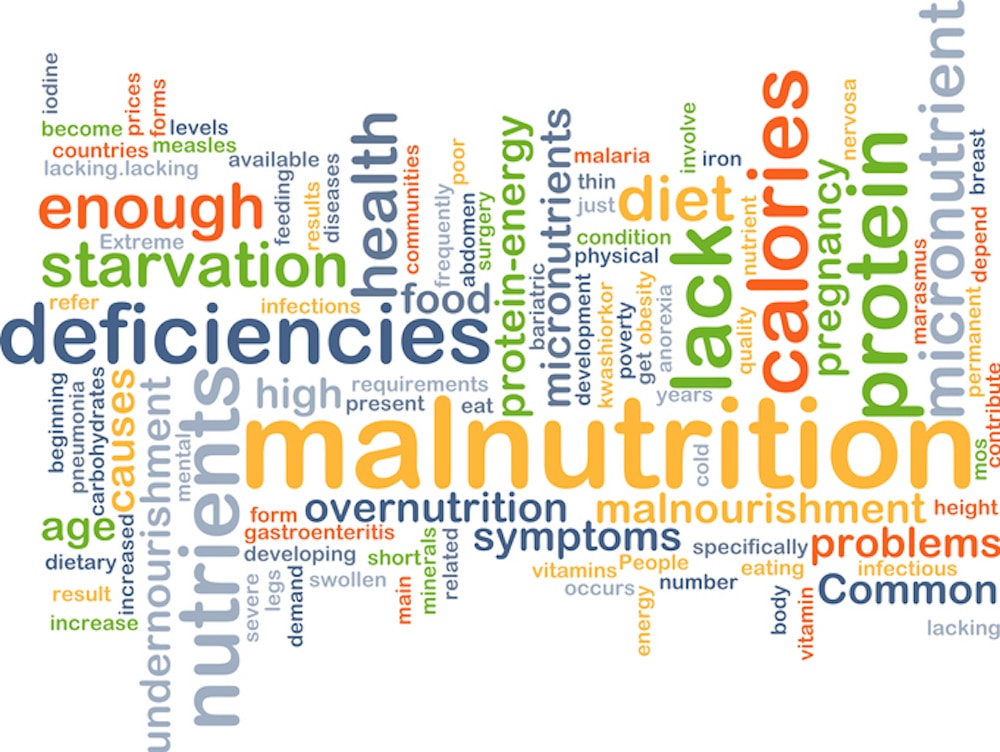


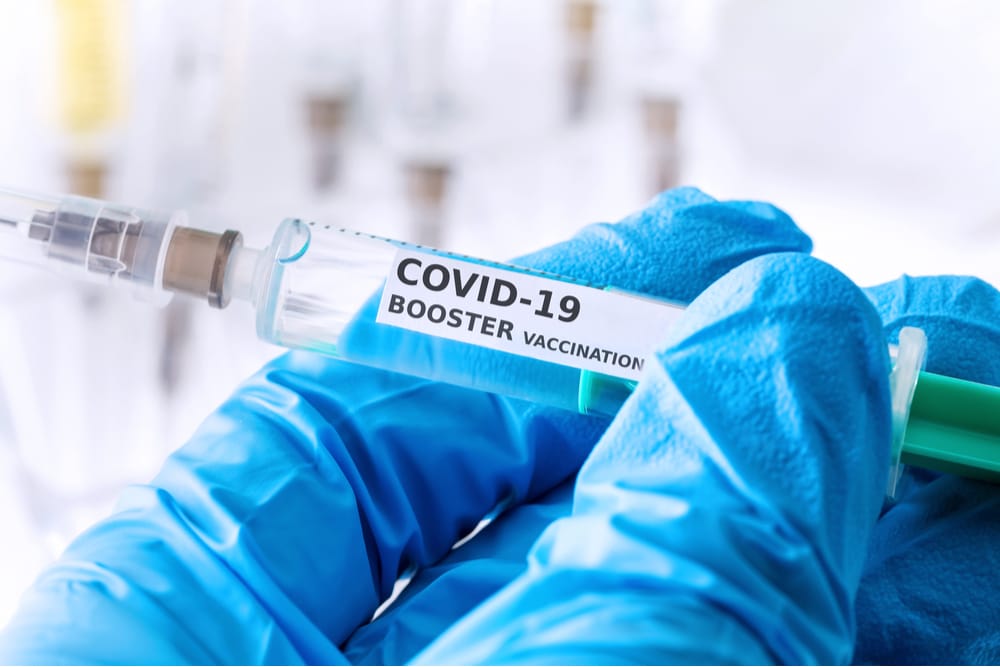
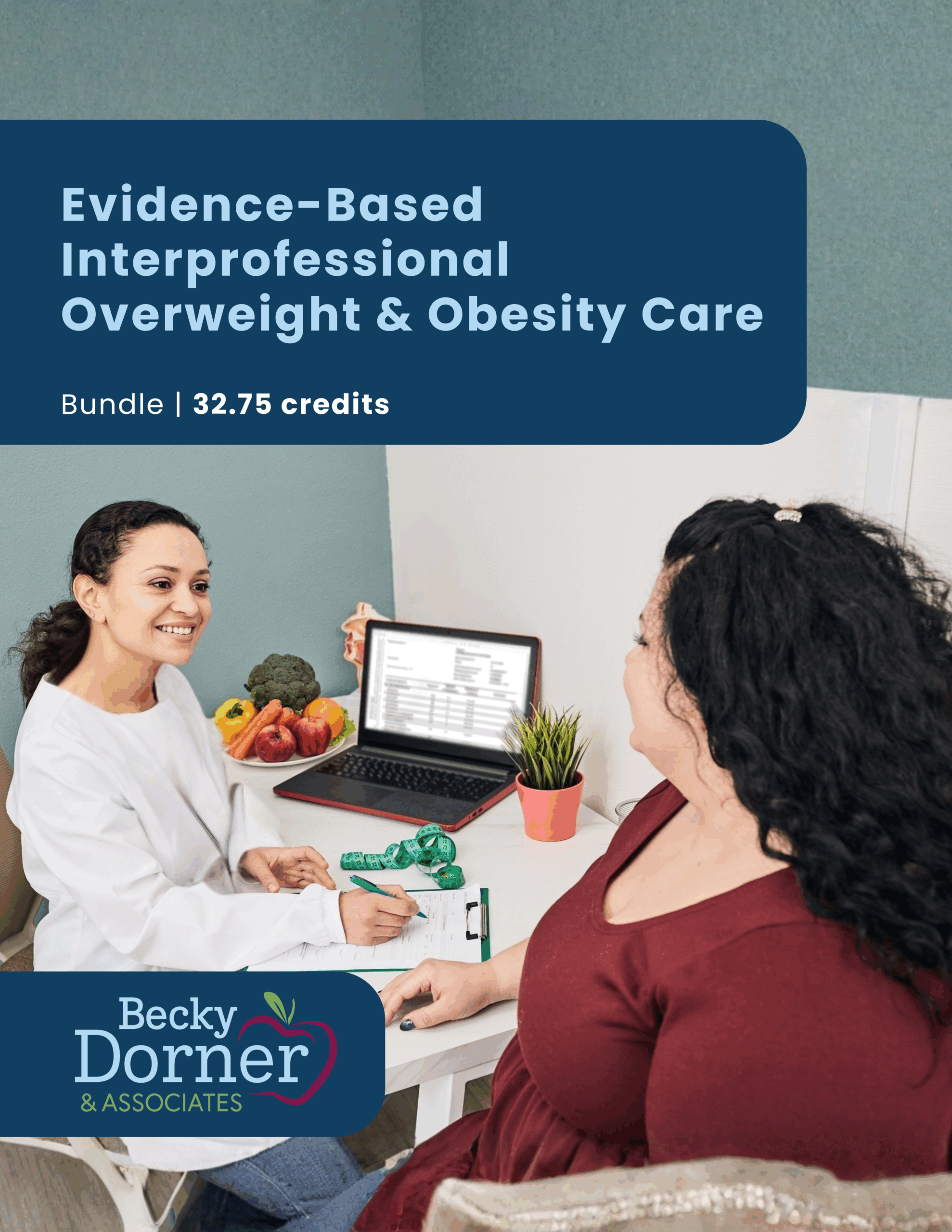
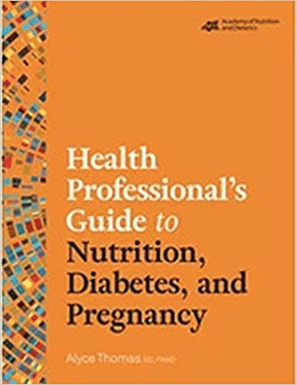
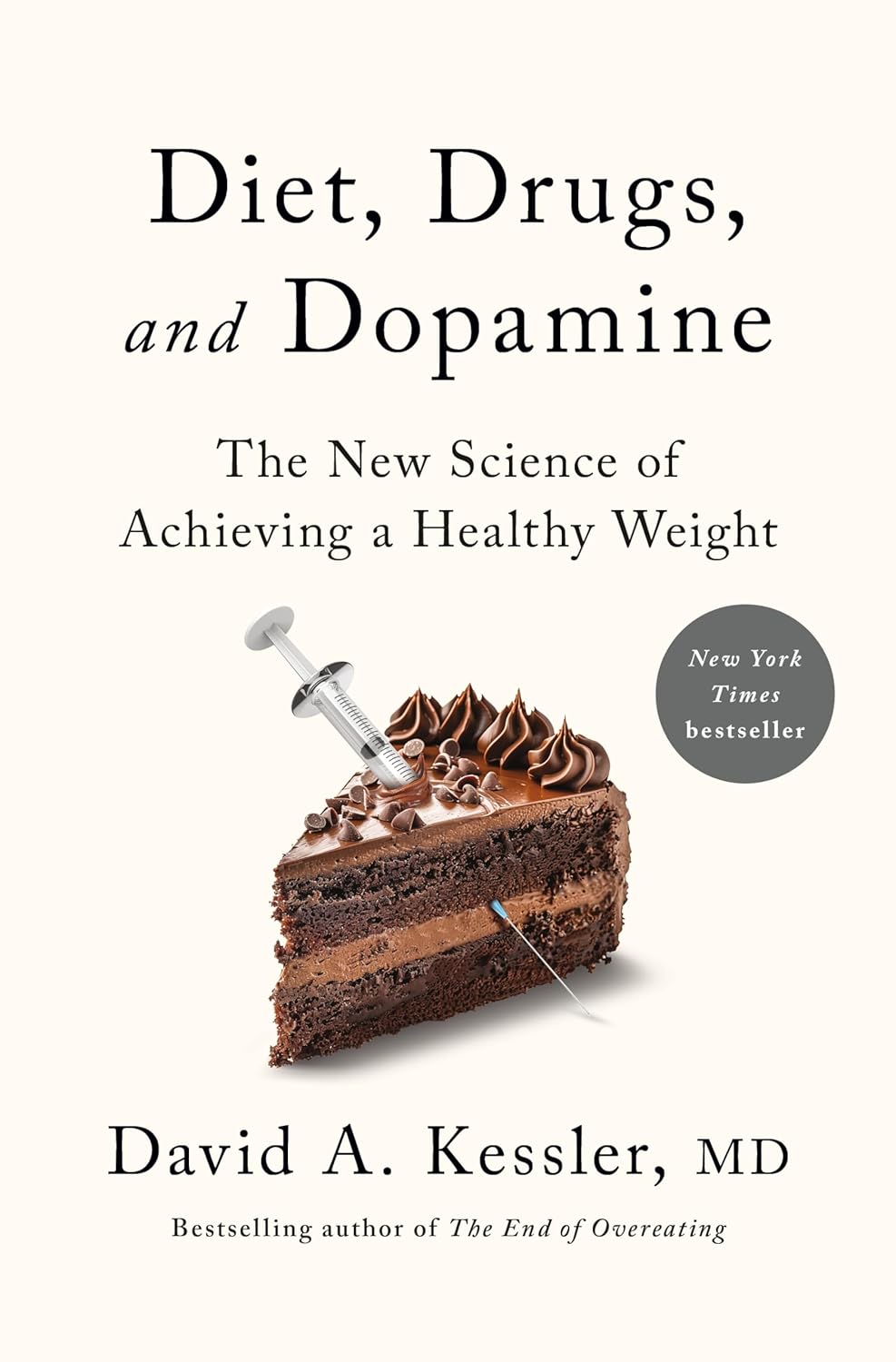
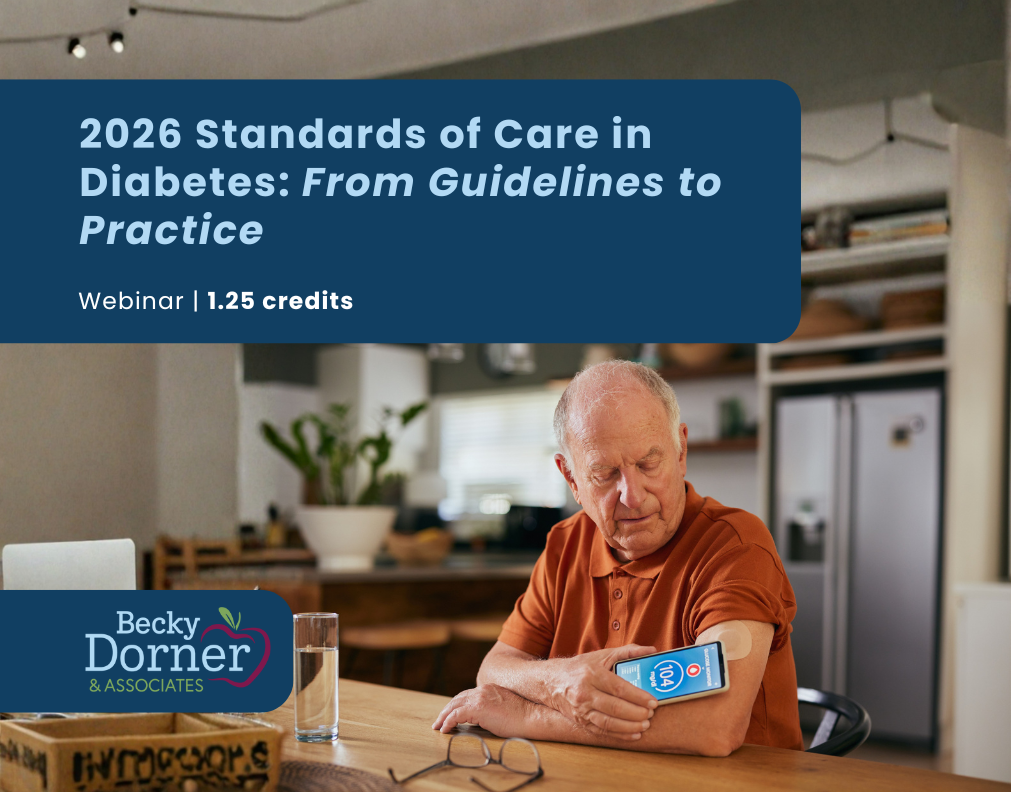
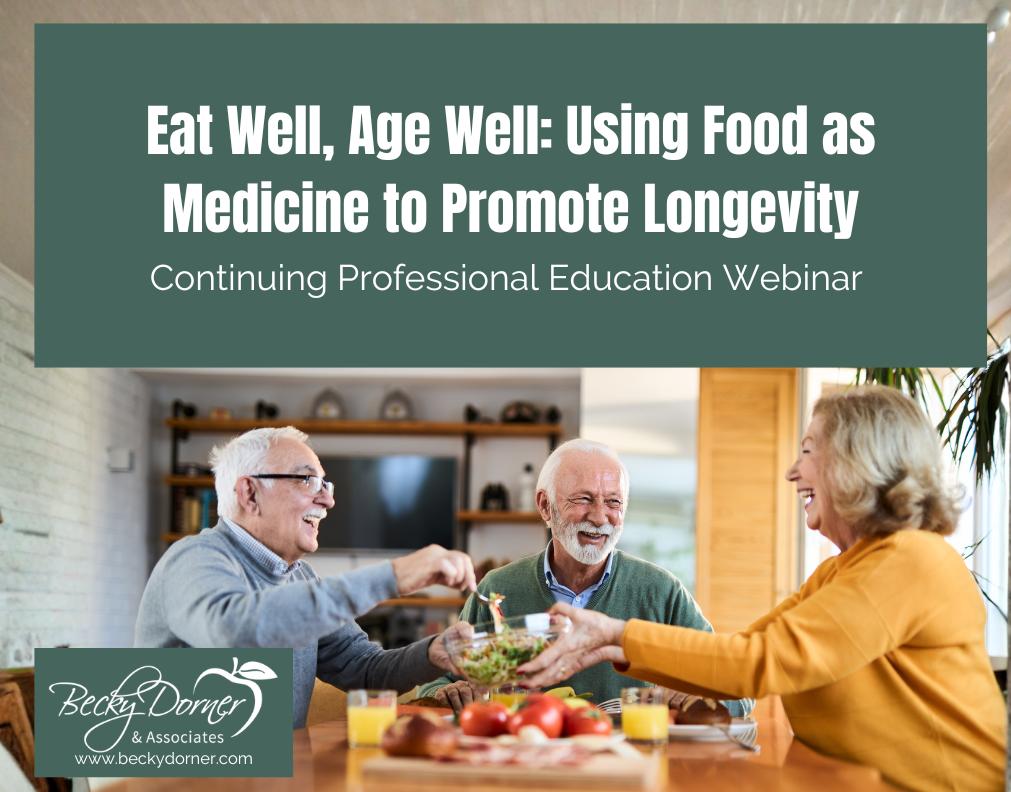
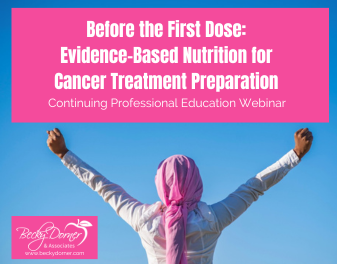
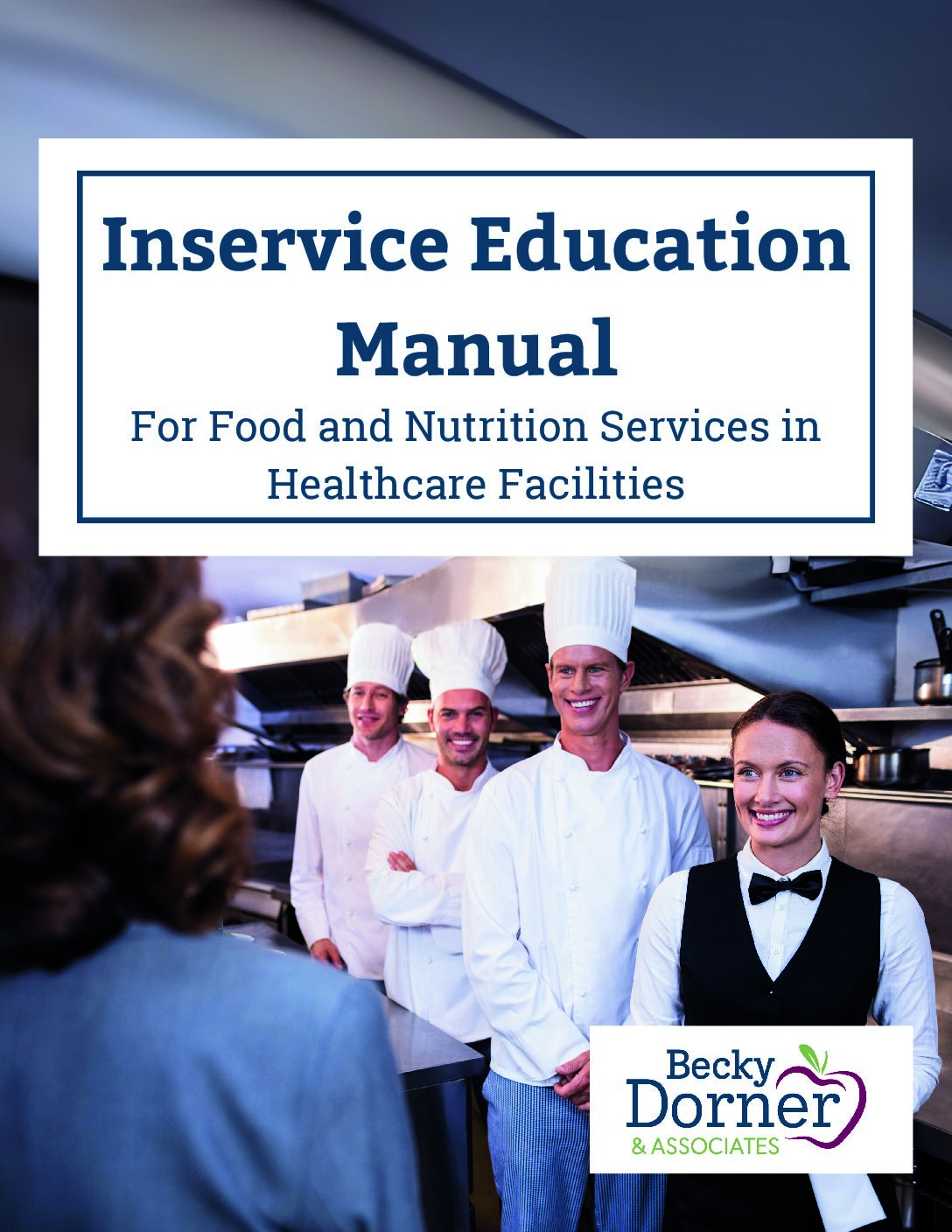
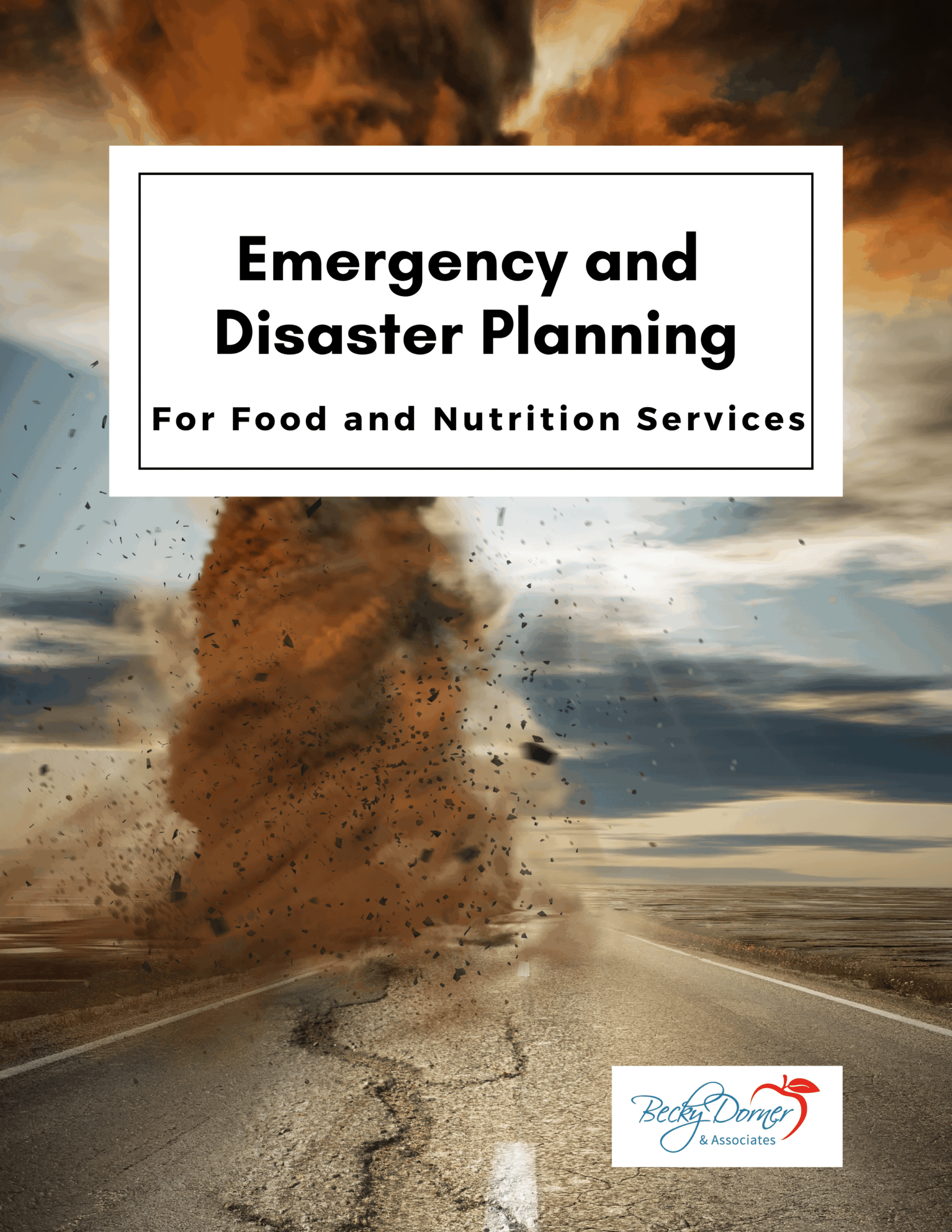
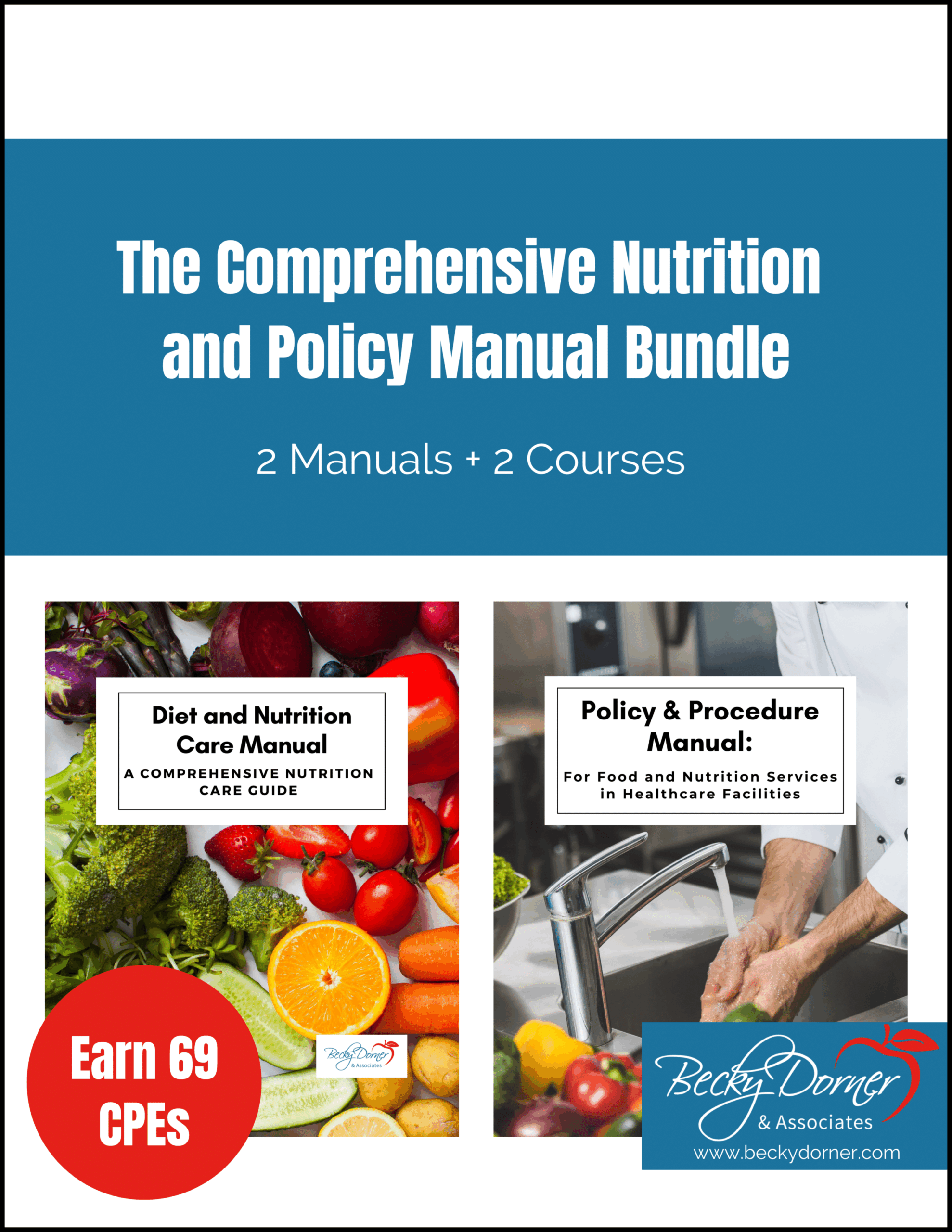
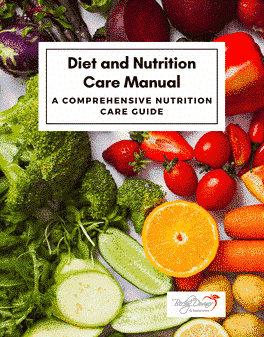
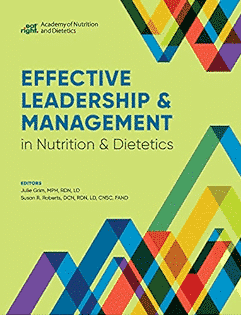
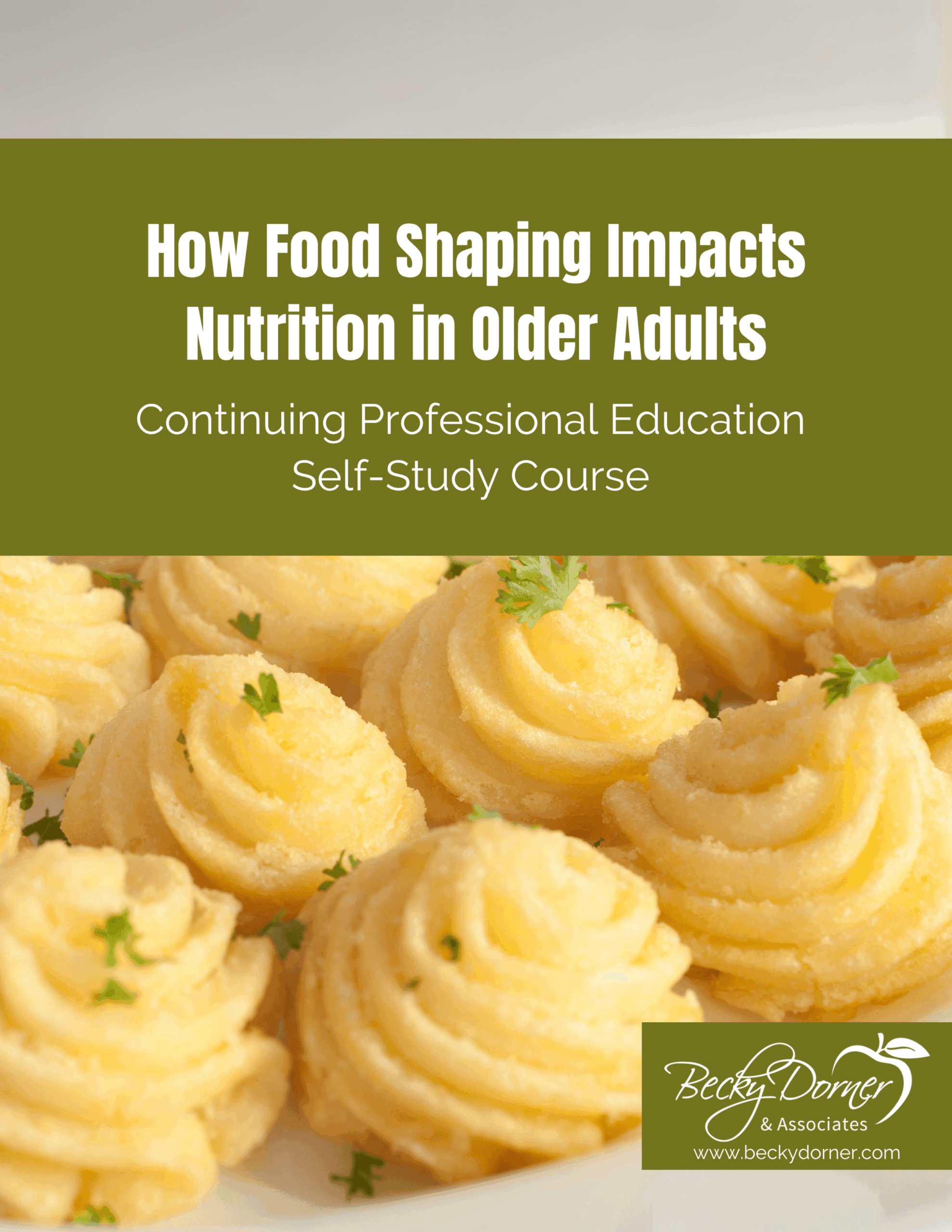
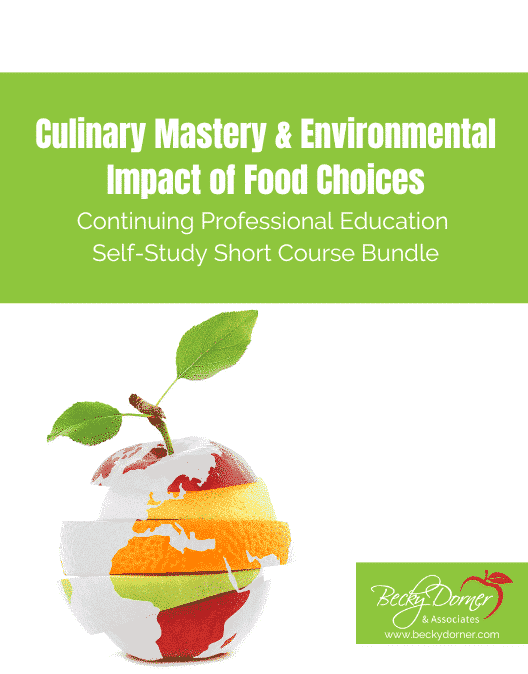
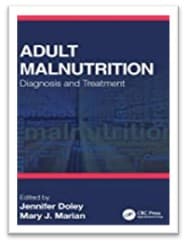
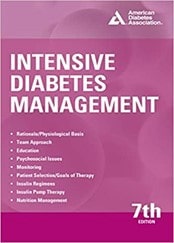
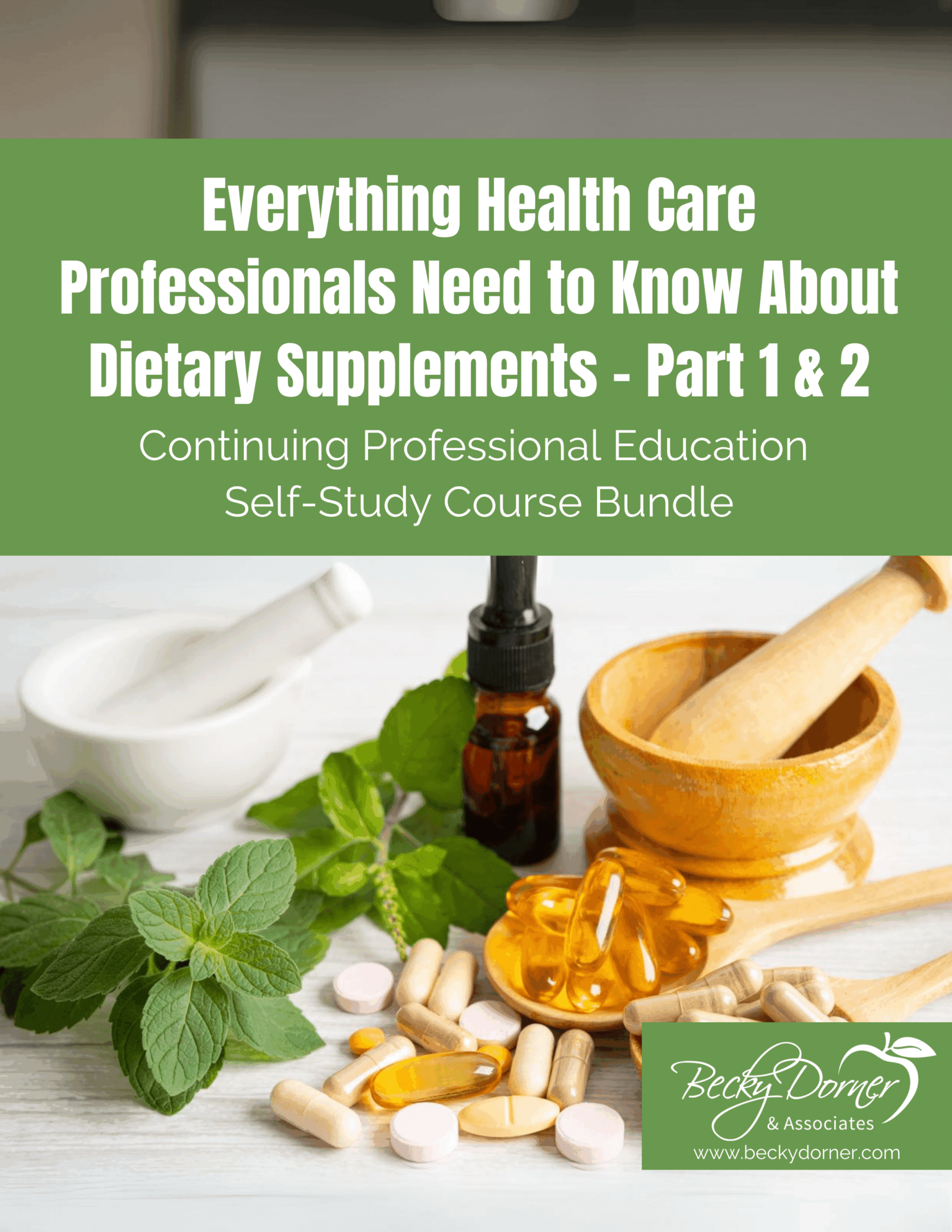
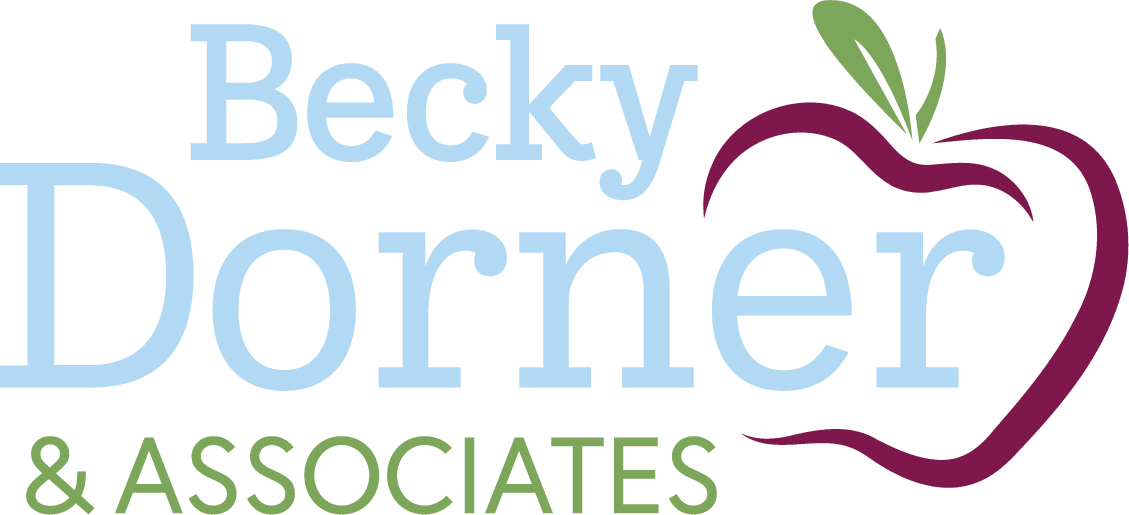
Connect With Us